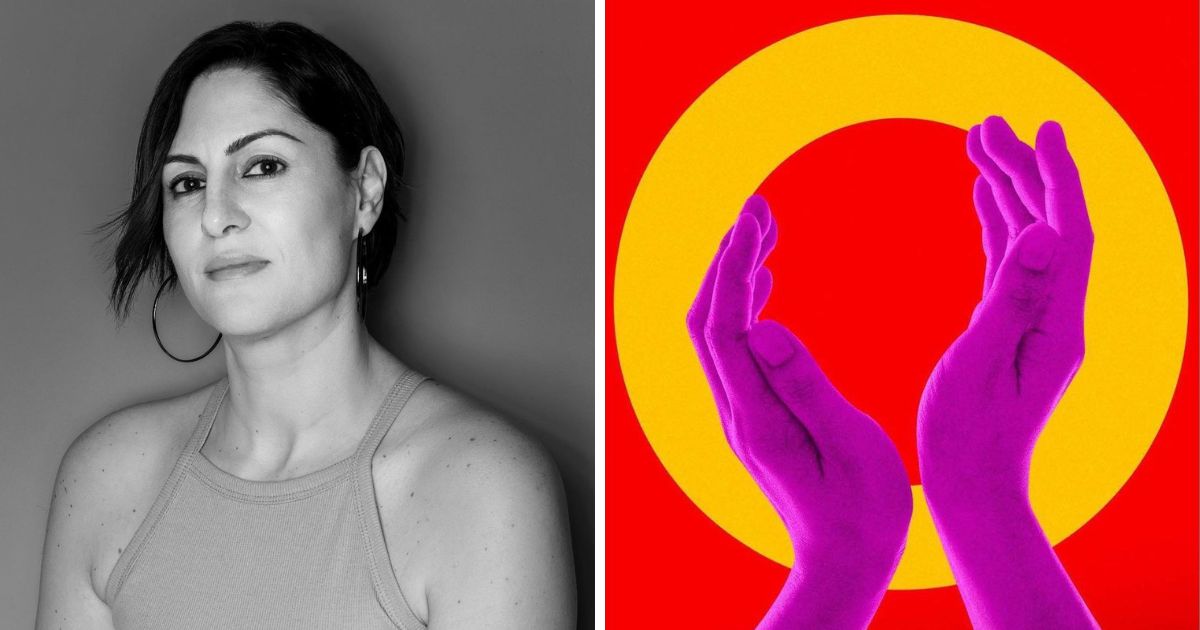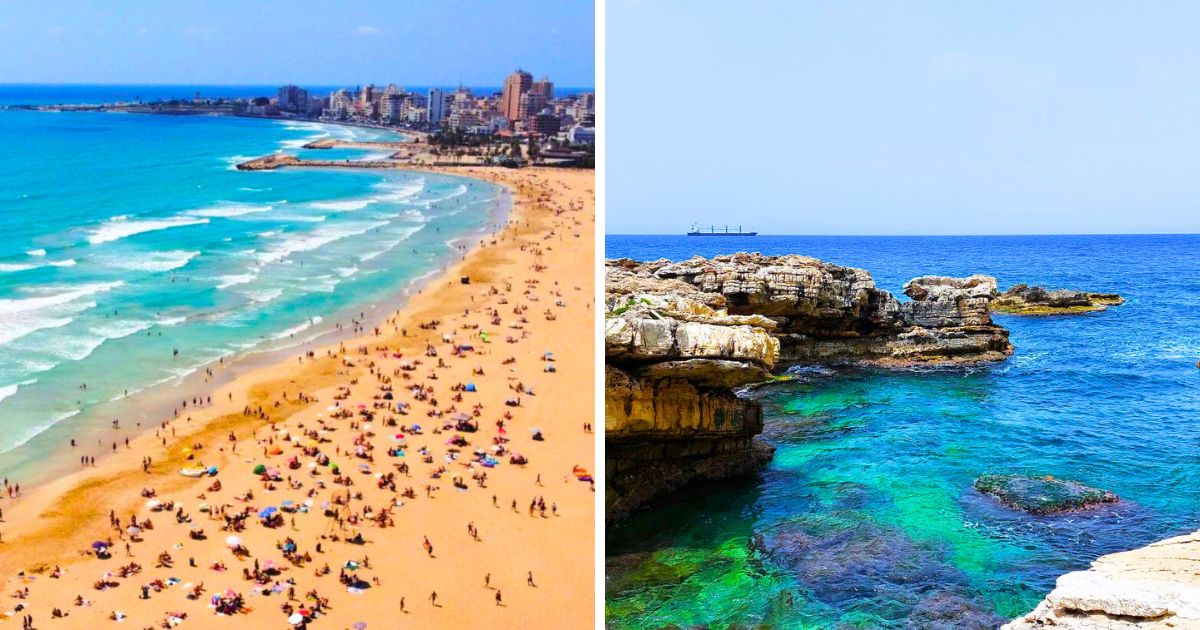“How many broken generations will it take, Lebanon?”
A question that resounds in the hearts of the Lebanese and through past generations of a country that has endured a lot through its history.
A question uttered in poetry by California-based award-winning Lebanese poet Zeina Hashem Beck whose heart remains in Lebanon, and more specifically in Beirut.
Zeina grew up in Tripoli and moved to Beirut during her university years, studying at the American University of Beirut (AUB) to then emigrate in 2006, leaving behind a country devasted by Israeli military aggression.
The poet sought to pursue a normal and safe life abroad, yet she remains haunted by her home country as reflected in her recent book where Beirut “seeps in” to take its place.
The book is named O and was published by Penguin Books.
Zeina had a lot to share during an exclusive talk with 961, including her nail design, which is the cover art of O.
“Before university, Beirut was just an idea. It was the biggest city in the world in my head! I’ve always been fascinated with the art of words, and, as a child, I’ve had a fixation on memorizing TV ads and noticing the lyrics,” she told us.
“I left Beirut in 2006 and started writing poems about leaving, and that’s when I wrote ‘To Live in Autumn,’ a collection of poems addressed to Beirut,” she said.
And then, August 4th happened, shaking her to the core as many Lebanese in the diaspora. Zeina received the news randomly and it took her time to absorb the reality of the massive tragedy.
“The day of the August 4th explosion, I was in Dubai, talking about my city over coffee with a friend. I had friends texting me, asking if my family is safe and informing me of an explosion taking place,” she recounted.
“My initial reaction was very nonchalant. Because things like these casually happen in Lebanon, right? I didn’t register,” she told us. “We’re so desensitized to explosions. Then I get home and find my husband startled, and he shows me what’s happened …”
This is when Zeina wrote an essay on her brother-in-law’s experience during the tragic day, titled “When the Healing Place Exploded.” She started it with the rushed text messages he shared with his family the moment it happened, assuring them he was well.
“I was thankful that I wasn’t there, that everyone I knew was okay. But I wanted to be there with Beirut! I haven’t gotten back to anything I wrote after the explosion because I’m not ready!” she said.
Understandably so, since up to today, over 2 years later, the Lebanese are still unable to cope with the immensity of the tragedy, which is still awaiting justice.
However, Beirut still found a way into her new book, for it lives ablaze in the hearts of the Lebanese wherever they are, refusing to be forgotten, refusing to be dismissed.
And that’s what Zeina reflected when telling us, “However, there is one poem in O that is about Beirut, about the explosion. Beirut seeps in; I didn’t want O to revolve around Beirut, but Beirut tends to seep in, nevertheless.”
Here’s the poem in the form of a ghazal.
Zeina has been acclaimed for her literary work, winning reputable prizes.
She won the 2013 Backwaters Prize for her first book, To Live in Autumn, about Beirut. Her chapbook 3arabi Song won the 2016 Rattle Chapbook Prize, selected from 1720 manuscripts.
Her chapbook There Was and How Much There Was (smith|doorstop 2016) earned her praises for her “remarkable gift for storytelling.”
In 2017, she published her second full-length collection, Louder than Hearts (Bauhan Publishing 2017), which earned her the 2016 May Sarton New Hampshire Poetry Prize.
In 2017, her poem Maqam won the Frederick Bock Prize.
Zeina’s poetry has been featured by The Academy of American Poets and in numerous publications, including The New York Times Magazine, World Literature Today, The Atlantic, Poetry Magazine, and others.
Hanging on to her roots, the Lebanese literature enthusiast has invented what is called the Duet, which is a bilingual poem that fluctuates between Arabic and English, both languages existing independently and yet in conversation with each other.
Zeina lived in Dubai for a decade before settling down in the Bay Area, California with her husband and two daughters.

















